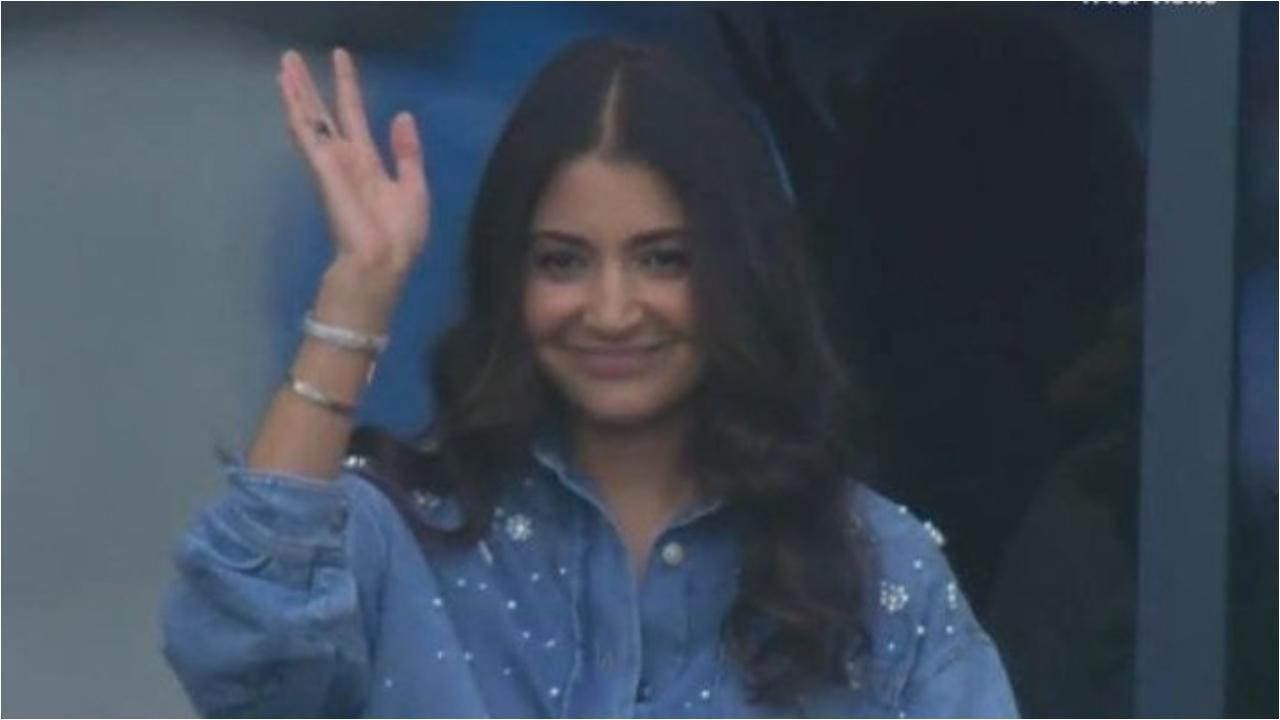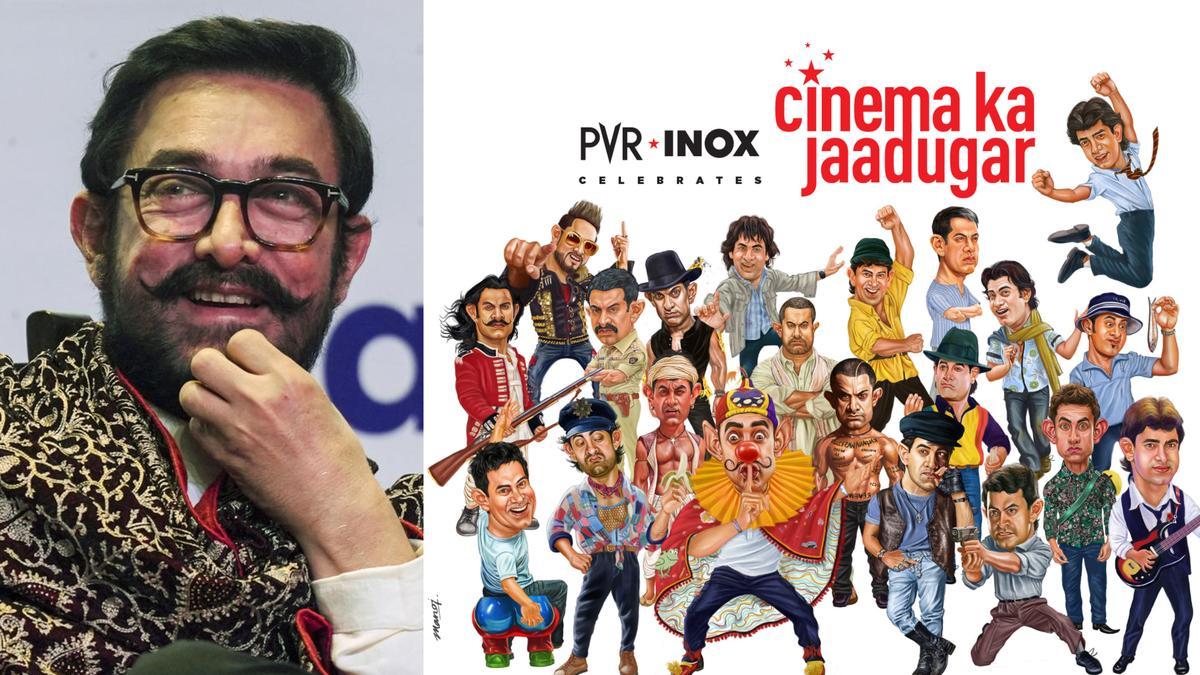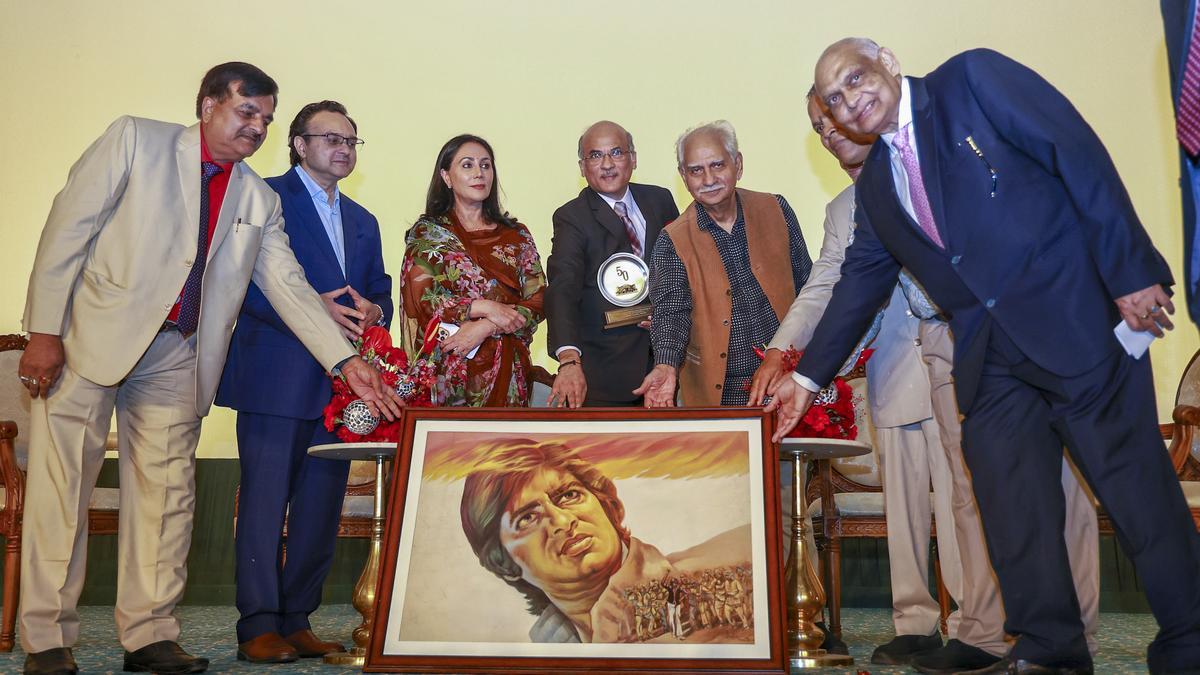
The Academy of Motion Picture Arts and Sciences bestowed their highest honors upon the film industry’s finest on Tuesday, celebrating a year that has seen both resurgence and upheaval. Amidst brewing labor disputes and challenging production schedules, Christopher Nolan’s “Oppenheimer” emerged with a staggering 13 nominations, leading the Oscars 2024 charge.
The biographical epic exploring the complex life of J. Robert Oppenheimer, hailed as the mastermind behind the atomic bomb, captivated audiences and critics alike – a testament to Nolan’s reputation as the contemporary auteur of large-scale cinema. Despite his stature, neither Nolan nor any of his prior films have taken home the prestigious Academy Award. With this year’s Oscars, however, “Oppenheimer” could break the pattern.
Nolan’s captivating three-hour journey through the corridors of power and physics not only received critical acclaim but also achieved commercial success, drawing close to a billion dollars globally. The film’s intricate tapestry wove nominations that spanned across categories, from the best picture, best director, to an array of acting nods including Cillian Murphy, Robert Downey Jr., and Emily Blunt. Its craftsmanship also earned multiple accolades in technical and design echelons.
Reflecting on the transformative impact and resonance of “Oppenheimer,” Nolan expressed his elation and sense of validation for the potential and prowess of studio filmmaking.
In a less expected turn of events, “Barbie,” directed by Greta Gerwig, accrued eight Oscar nominations, cementing its place as a cultural and box office sensation with over $1.4 billion in ticket sales. Despite its warm reception and contributions in both the Best Picture category and elsewhere, Gerwig’s absence in the best director race stood out as a notable omission.
Gerwig’s unique vision, however, was far from the only story in this year of cinematic peaks. The nominations heralded a rich tapestry of storytelling and artistic talent, with Yorgos Lanthimos’ “Poor Things” and Martin Scorsese’s “Killers of the Flower Moon” earning 11 and 10 nods respectively. Scorsese—a veritable Oscar veteran—received his 10th directorial nomination, while “Poor Things” delighted audiences with its fantastical narrative and Victorian aesthetics.
Lily Gladstone’s performance in “Killers of the Flower Moon” not only fetched her a best actress nomination but also marked her as the first Native American to achieve such a distinction in the category. Scorsese’s work was further recognized through the score by the late Robbie Robertson, adding another groundbreaking Indigenous narrative to this year’s lineup.
A total of 10 films are vying for the best picture, showcasing a powerful and diversely directed selection, including three entries helmed by women: “Past Lives” by Celine Song, “Anatomy of a Fall” by Justine Triet, and Gerwig’s exuberant “Barbie.”
In the acting categories, the race was no less fierce. Expert performances surfaced from the likes of Paul Giamatti, Jeffrey Wright, Bradley Cooper, and Colman Domingo, whose portrayal of civil rights activist Bayard Rustin earned him a monumental nomination. In the actress front, the competition spotlighted Carey Mulligan, Annette Bening, and Sandra Hüller, among others, leaving notable performances like Margot Robbie’s in “Barbie” on the sidelines.
“The Holdovers” cast Da’Vine Joy Randolph became a frontrunner in the supporting actress category, joined by the likes of Emily Blunt, Danielle Brooks, Jodie Foster, and America Ferrera. Despite high hopes, “The Color Purple” saw Brooks as its sole representative come nomination day. Brooks remarked on the weight and honor of this acknowledgment, not just for herself but for the entire cast and legacy of the film.
As the Oscars turned their gaze on “Oppenheimer,” “Barbie,” “Poor Things,” and “Killers of the Flower Moon,” it became clear that this year’s recognition favored not only grand narratives but also the cinematic experience. Each film, including Apple’s lavish “Killers of the Flower Moon,” showcased a commitment to theatrical releases, emphasizing the industry’s rekindled faith in cinemas post-pandemic.
Netflix maintained a strong presence with 18 nominations, while Apple and Amazon, freshly merged with MGM, reinforced their commitment to theater-first showings.
An extraordinary mention belongs to the Associated Press, which achieved its inaugural Oscar nomination with the harrowing “20 Days in Mariupol,” Mstyslav Chernov’s documentary on the siege of the Ukrainian city, emphasizing journalism’s role in illuminating truths amid conflict.
The international front was no less competitive, with films such as “Society of the Snow” (Spain) and “The Teachers’ Lounge” (Germany) amongst the contenders for best international film.
John Williams, a living legend in film scoring, claimed his 49th nomination, while “Godzilla Minus One” brought the iconic monster to the Oscar stage for its visual effects.
This year’s slate of best picture contenders highlights the industry’s recent reevaluation of streaming and theater releases, shaping a future where the silver screen reigns supreme in cinematic splendor. As the industry looks ahead to the March 10 telecast on ABC, hosted by Jimmy Kimmel, the convergence of tradition and progress marks a new chapter where storied franchises and innovative blockbusters alike vie for Hollywood’s highest honors.










